Public Health Report: Methods, Challenges, and Research on HIV for MSM
VerifiedAdded on 2023/01/19
|9
|499
|61
Report
AI Summary
This report delves into the challenges and methodologies of HIV research, specifically focusing on Men who have Sex with Men (MSM). It begins by outlining the aims and research questions, including understanding the basis of HIV infection, analysing the increased risk among gay men, and exploring prevention strategies. The report then reviews relevant literature, highlighting the importance of surveillance systems in understanding local HIV epidemics. The methodology section emphasizes the use of qualitative research to understand the behaviours and factors influencing HIV transmission within the MSM community. It also discusses the use of respondent-driven sampling, time-location sampling, and internet-based recruitment methods. The findings emphasize the need for accurate sampling methods within surveillance systems. The report concludes by referencing key studies and emphasizing the significance of understanding the dynamics of HIV transmission among specific populations.
1 out of 9
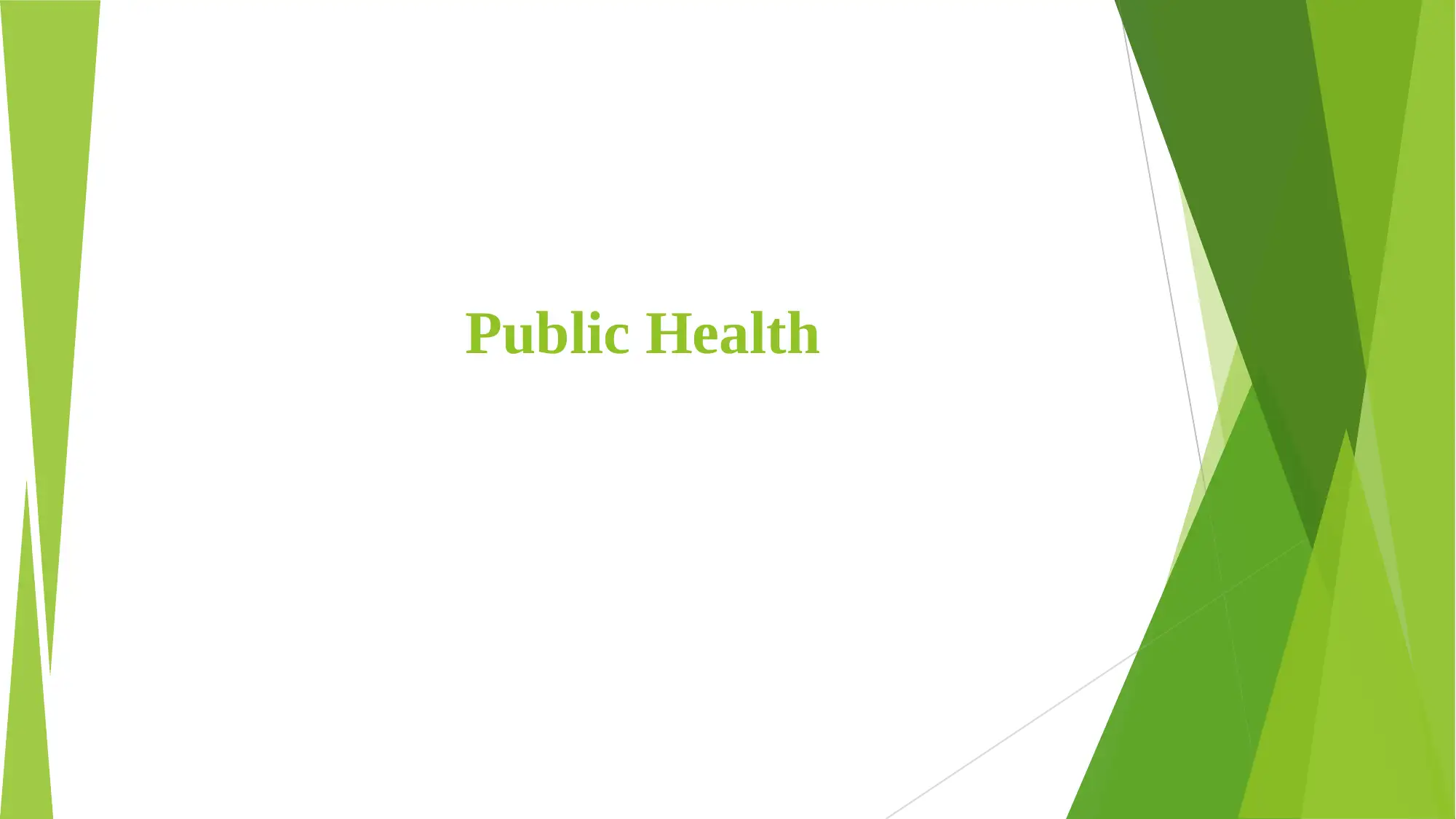
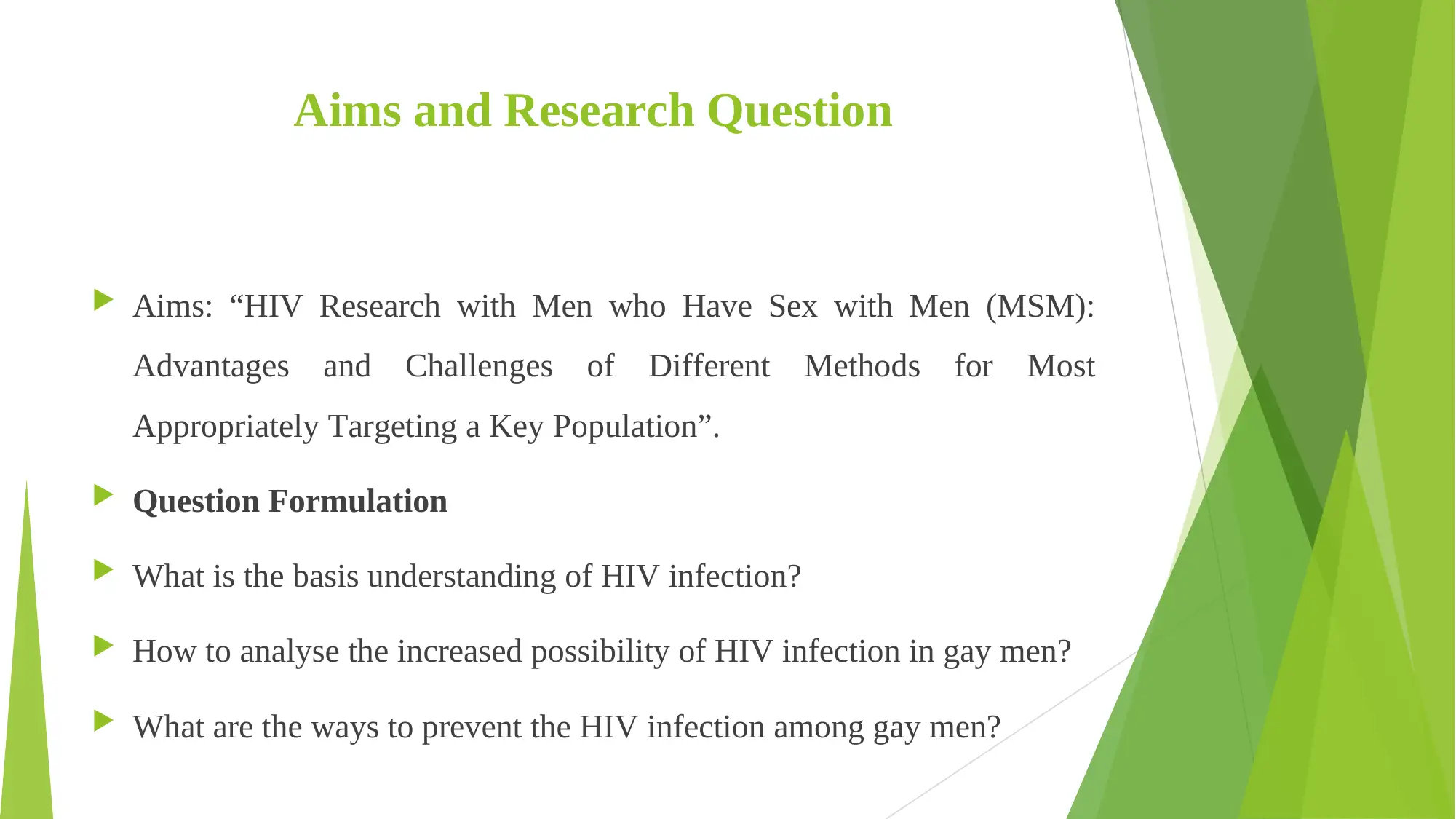
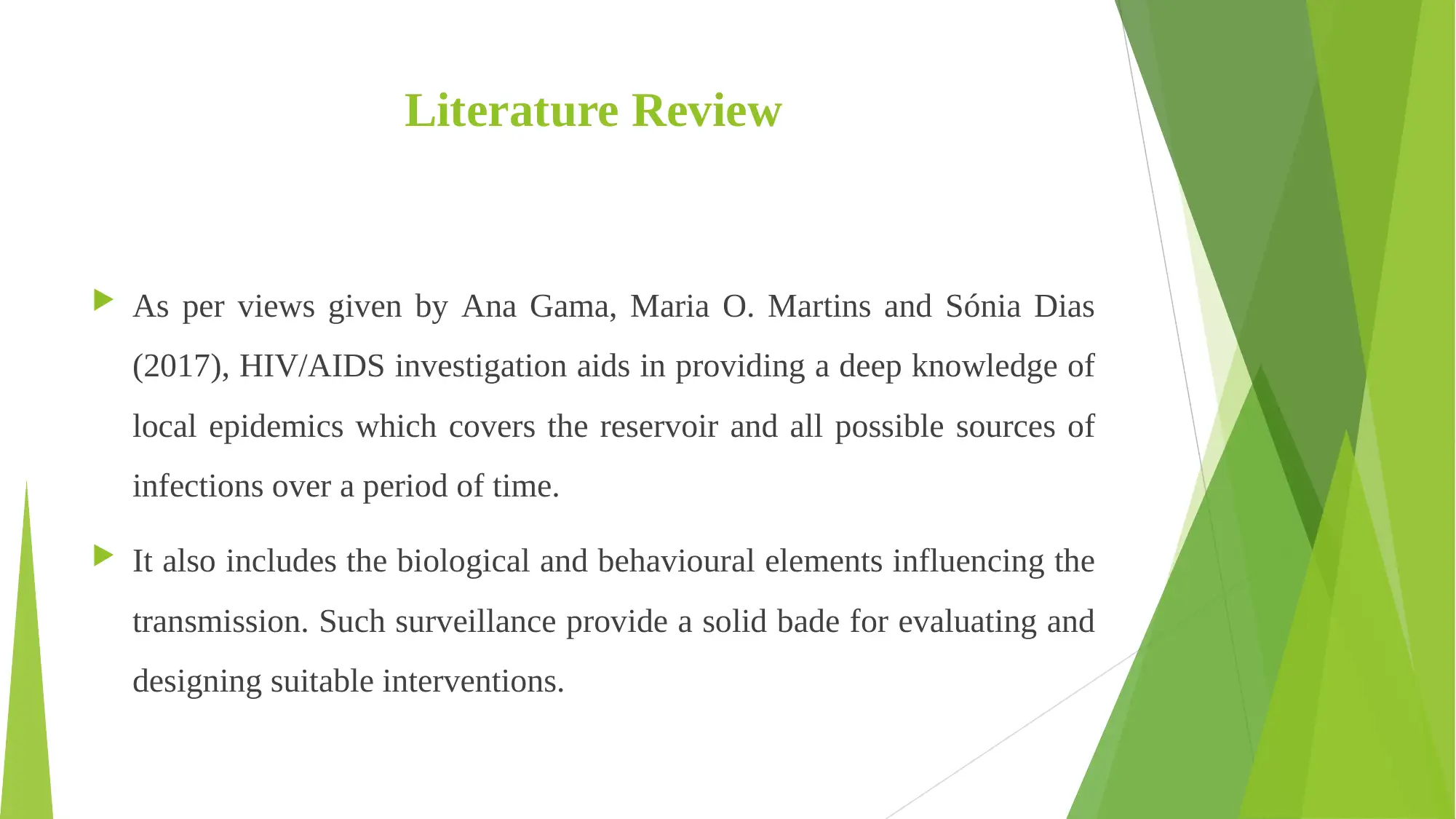

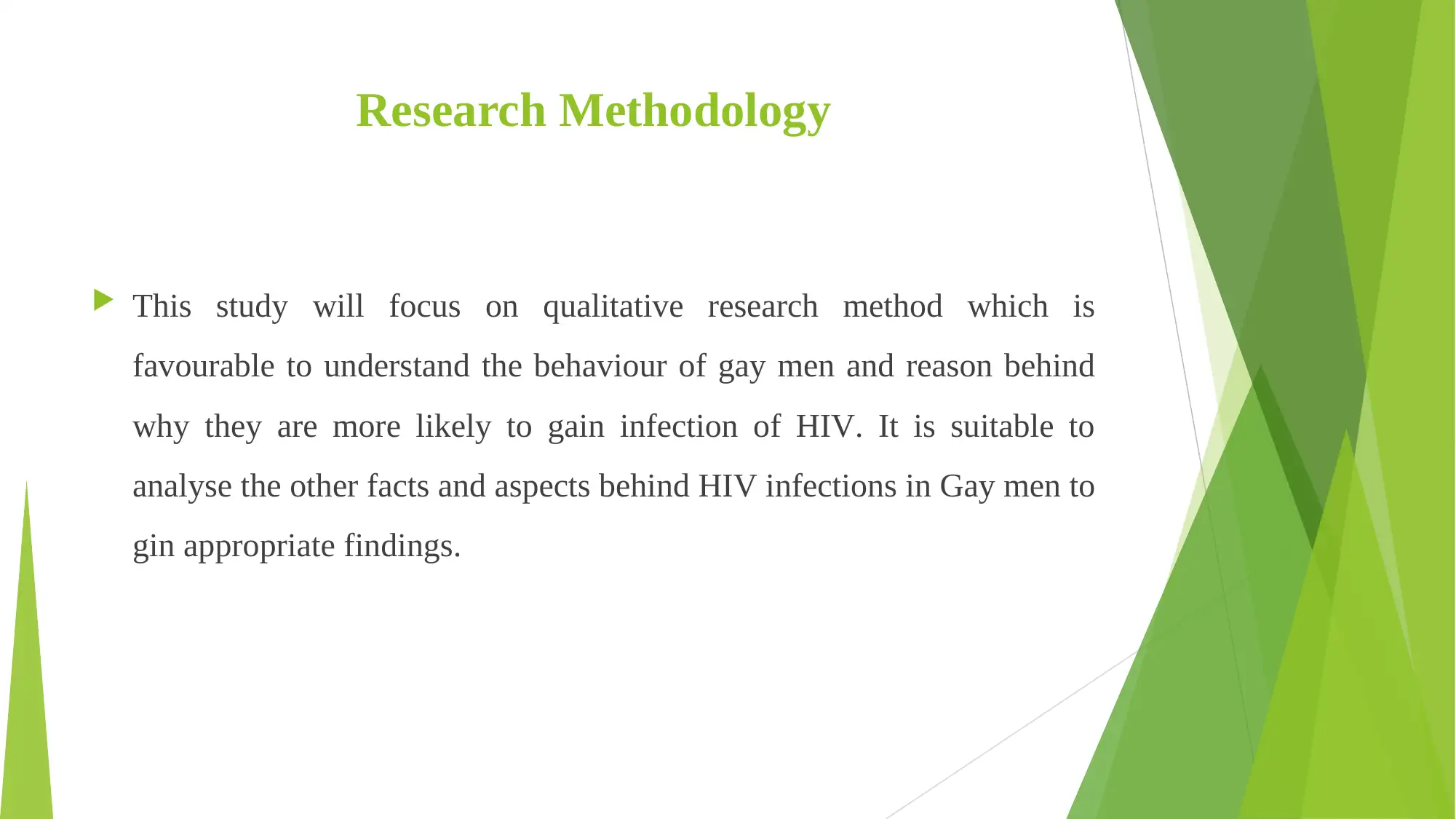
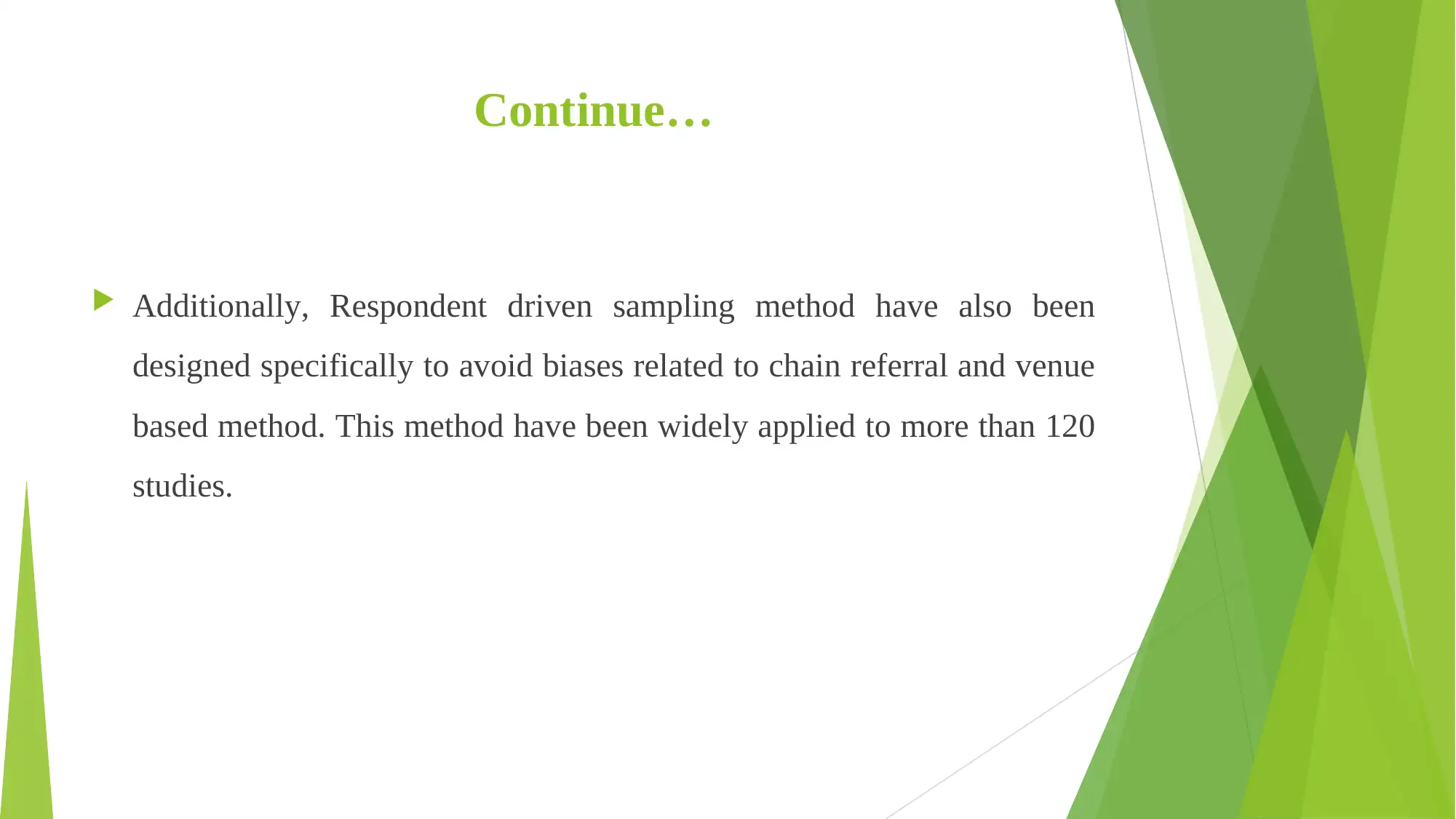
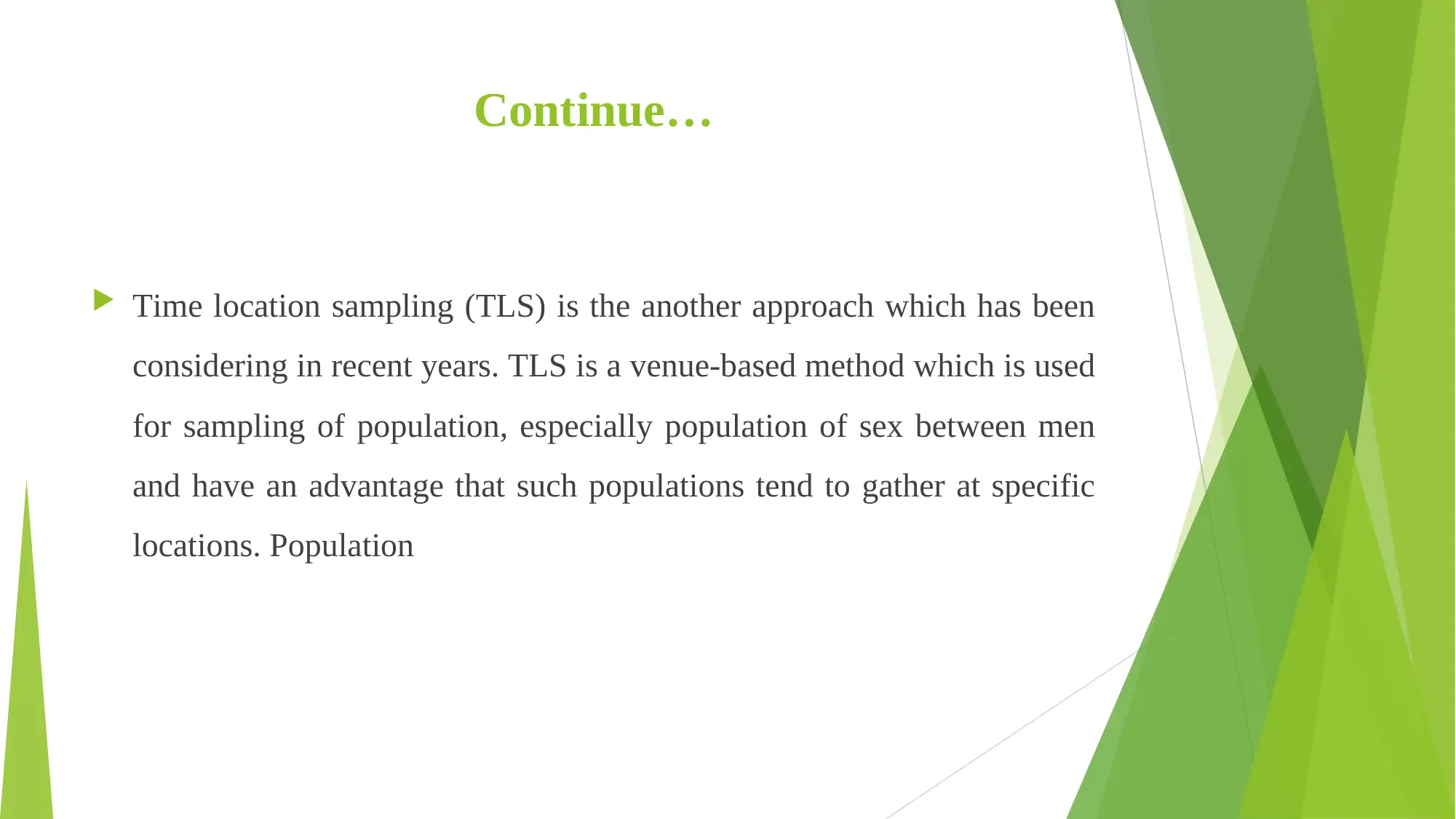
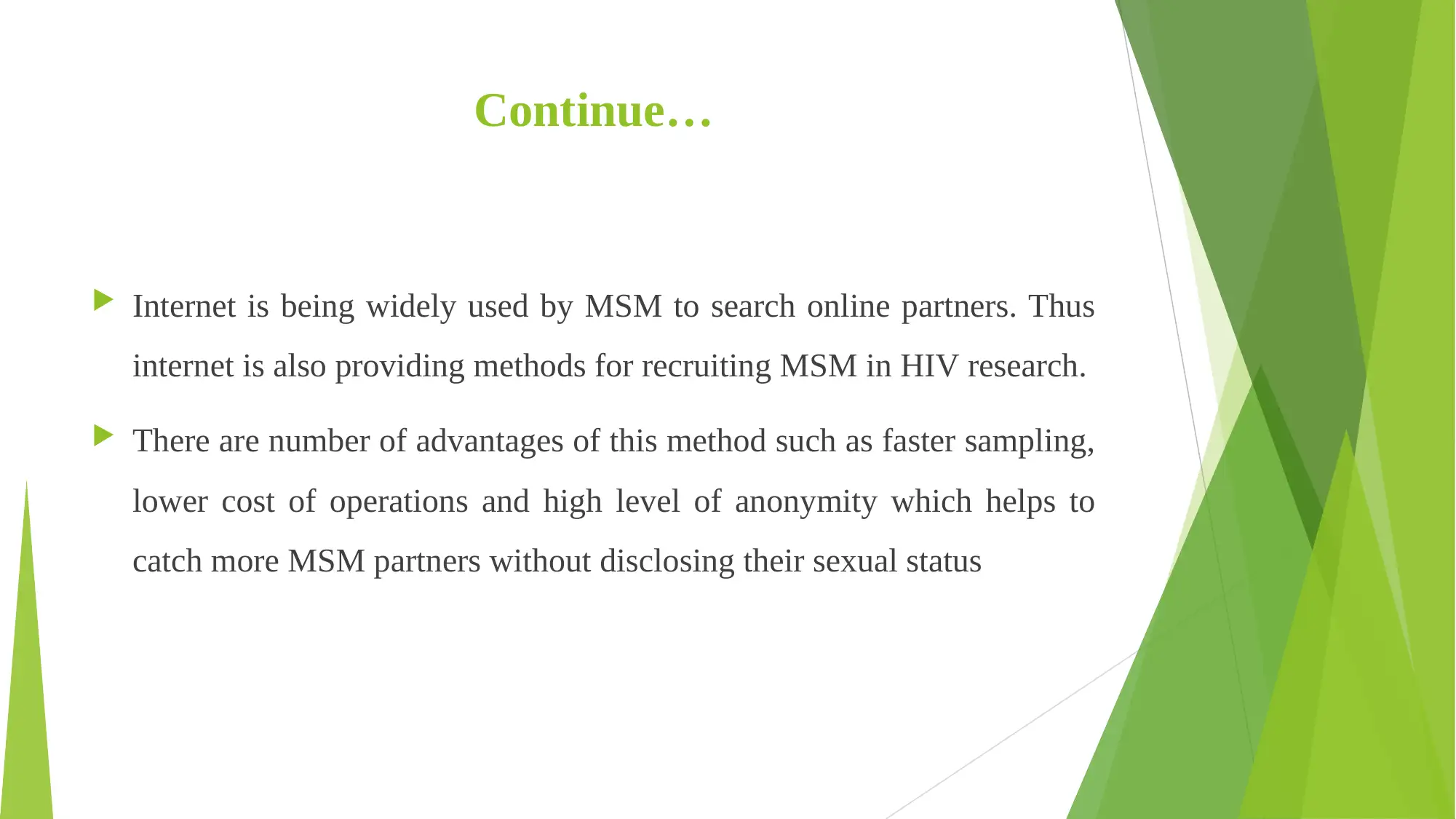
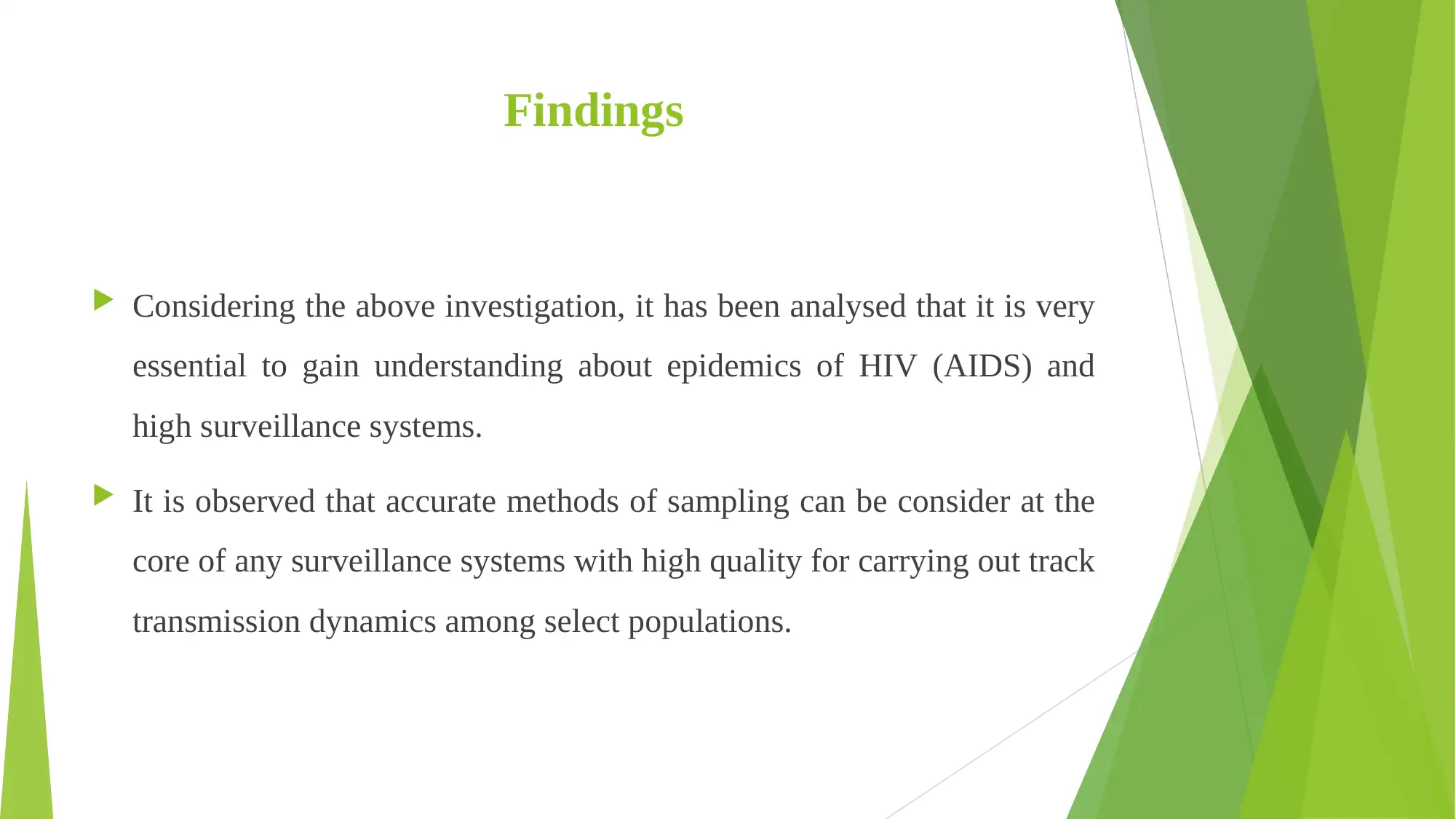
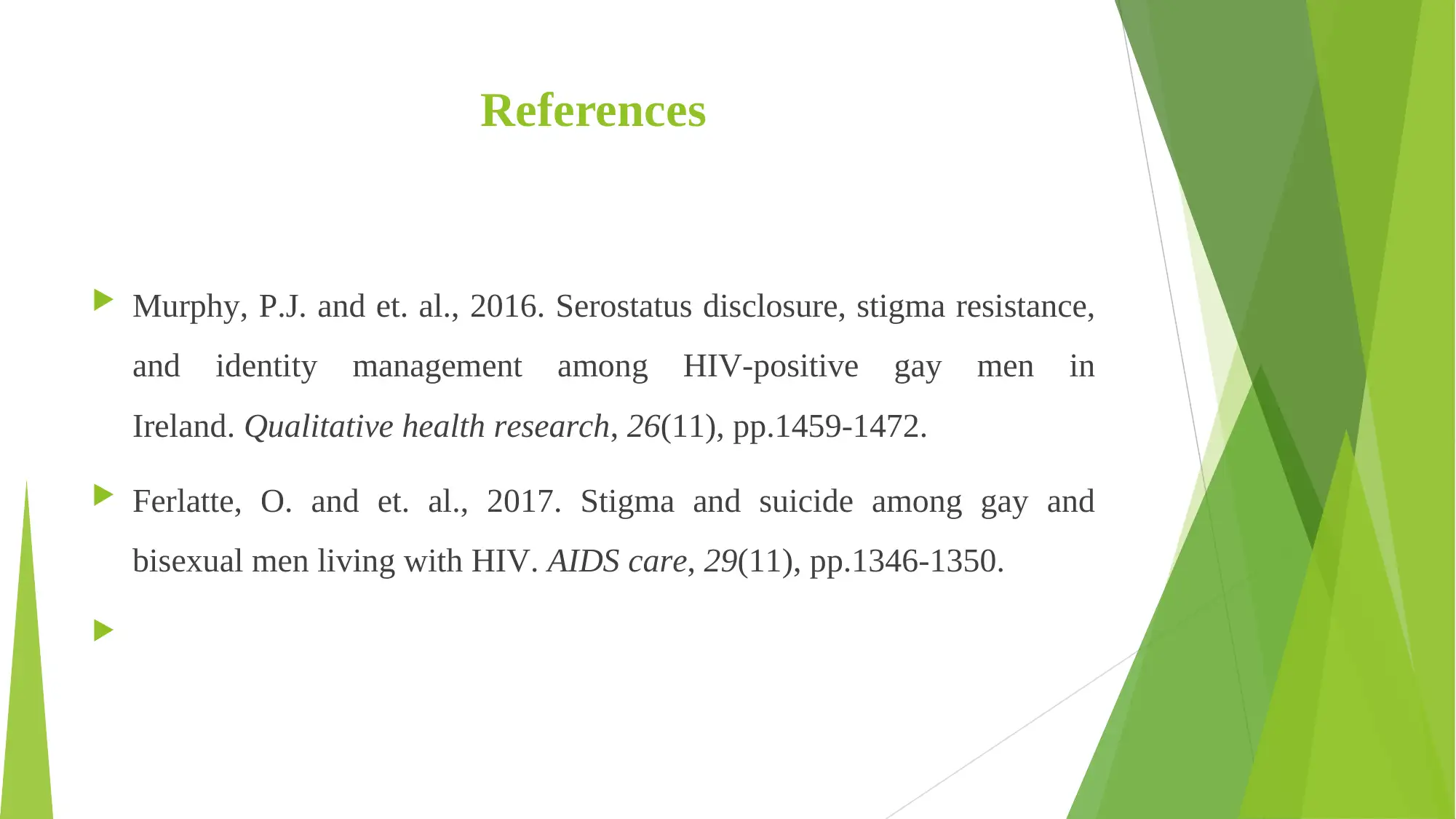





![[object Object]](/_next/static/media/star-bottom.7253800d.svg)